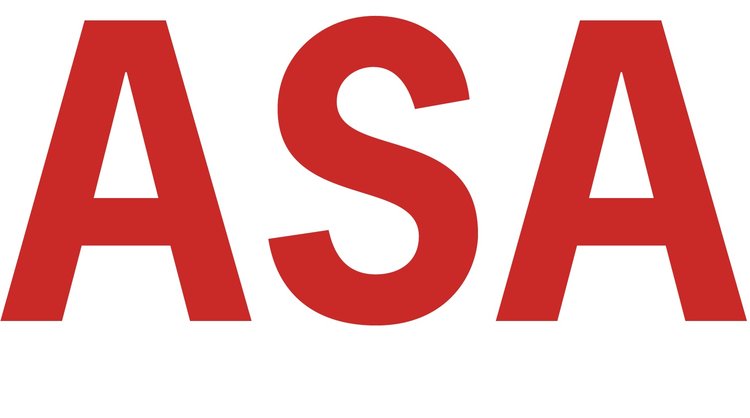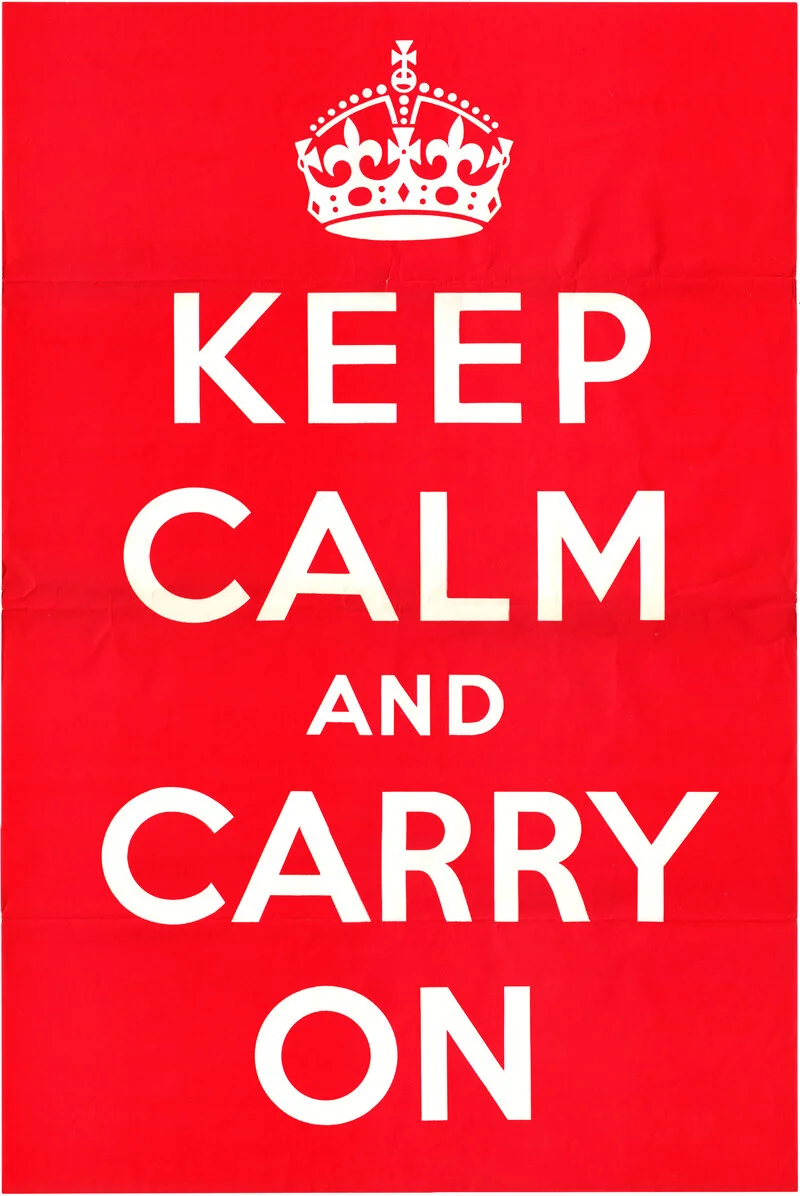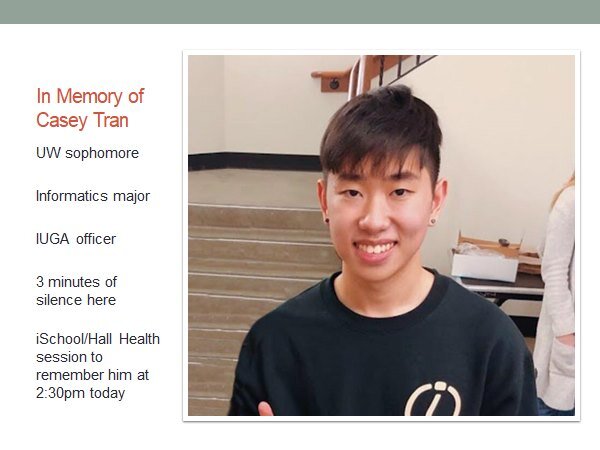This will be the fourth month in a row that I have written about the coronavirus pandemic, and this month I will try to amplify some of the painful consequences of this crisis. We understand all too well that the virus is highly contagious, that there is no way to pre-identify someone who can transmit the virus, and that it is not simply a terrible infection in the lungs alone. We understand that the administration was late to take the potential impact seriously enough to begin assembling testing supplies, ventilators and the corresponding drugs used with ventilators, personal protective equipment (PPE) for medical personnel and first responders, or working to map the virus so as to accelerate the discovery of a vaccine. As I write today, the Center for Disease Controls (CDC)’s most recent post shows that 1,274,036 persons in the United States were infected as of May 9, which is 25,996 new cases since May 8; and that 77,034 persons had died as of May 9, which is 1,557 new deaths since May 8. The economic impact of the coronavirus is a global problem, especially visible in the United States because of the incoherent federal response and the challenges left to governors of our 50 states to protect their citizens and provide the most widespread medical response we have ever had to make in peacetime or war.
Nowhere is the digital divide in the United States clearer than in the inequities that arise when public schools closed because of the coronavirus. Access to broadband has been at the heart of the digital divide for many years, with a 2019 FCC study indicating that 21.3 million people lack access to broadband, many of them on reservations or in rural areas, but also many of them without the tools or the access in urban areas. When public schools distributed laptops for students to use for homework during the pandemic, they failed to recognize that, even with a laptop, families did not have Wi-Fi accounts to connect with the schools and our libraries and workplaces were closed. Some cities like my own have gone out of their way to provide Wi-Fi access in parking lots, from buses that travel around, and in other creative ways – but that is a less than adequate means for students to stay connected with their school work.
The administration’s incoherence since late January has presented us with other ugly truths about our democracy that we cannot look away from. “The data is clear and has been clear for decades: African Americans, Latinos and other minority groups live sicker and die younger,” says Stephen Thomas, professor of health policy and management and director of the Maryland Center for Health Equity at the University of Maryland School of Public Health, in a Kaiser Family Foundation study. “We cannot close our eyes or put up blinders to the disproportionate impact of this disease on racial and ethnic minority communities.”
CDC data reports that African American’s were hospitalized at a higher rate per capita for COVID-19; and that more Hispanics per capita are dying from COVID-19 than any other group. A Science News article discusses three factors that contribute to such findings: first, that African Americans are more likely to be exposed because of the jobs they hold as caregivers, bus drivers, sanitation workers, or farm workers; second, that African Americans have a higher rate of underlying health conditions (high blood pressure, diabetes, asthma) as well as exposure to air pollution, lead and violence ; and third, that African Americans have less access to health care as well as a distrust of the healthcare system, since they are more likely not to have insurance and because they are more likely to face hidden biases in the algorithms that the health care system uses.
Into this mix, throw alternate points of view. The first says that this is possibly the worst challenge that the United States has ever faced, that too many of our citizens have already died of a virus we still don’t know enough about; and that we need to rely more upon science to find our way out of this seemingly endless crisis. The other that says that the media has overblown the situation, that they need to go back to work, that they will never wear masks, that their First Amendment rights are being violated when governors make people stay at home and remain socially distanced.
My take is that all of us will pay for the actions of those reckless enough to ignore the recommendations from our public health system. I fear we will see a rising wave of violence against government, against health care workers and first responders directly, or indirectly when those who scorn government and public health authorities have to be medically treated or legally sentenced for their actions. Witness the case of the family who shot dead the security guard who told a customer at a Michigan Family Dollar store to wear a state-mandated face mask. Or the more recent case in Georgia, where a father and son were finally charged after the February 23rd murder of a black man out jogging. For more clarity on why black men in particular are nervous about wearing face masks, a worry that white people never need to have, please watch this Washington Post opinion piece video.
One last reflection here, having to do with the state of our democracy. I believe this virus will still be with us in November when it is time to vote. We can see already in the early Trump campaign that the administration will try to suppress votes where possible and try to ensure that only a minimum number of states move to mail in ballots. There is a fairly limited amount of time for states to make such a move, so if you live in a state where you vote in person, please write to your elected officials to move to mail in ballots so that truly everyone eligible can and will vote. Everyone qualified must be able to vote without medical consequences.
Most of all, I want the public health officials and scientists working on a vaccine to be given the resources they need to find one, and the Obama era pandemic readiness team reinstated and protected under the auspices of the National Institute of Health or the Center for Diseases Control. Pandemics are a global health issue, not red meat for a reelection.
Read More








